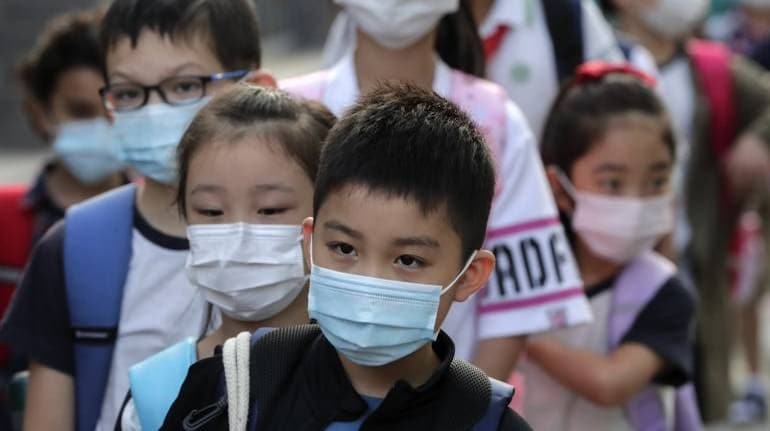



With pharmaceutical firms like Pfizer Inc., Moderna, and AstraZeneca claiming that their COVID-19 vaccines are near the finish lines, reports from China arrived on the inequitable distribution and even the emergence of illegal markets.
Despite the fact that none of the Chinese firms has released any public data on the efficacy of their shots in Phase III trials, people in the Asian countries are bending the rules to get hold of the unproven Chinese vaccines. Some are even paying $91 to take two doses of what it is believed as a vaccine being produced by a unit of Sinopharm.
Coronavirus Vaccine | After year-long sprint, COVID-19 vaccines finally at handScientists looked concerned over the potential safety risks as hundreds of thousands of people in China were jabbed under the emergency-use programme. This is despite the fact that the COVID-19 vaccines haven’t received final regulatory approval.
"There are substantial opportunities for the vaccine to be diverted to those with connections. Prior to the pandemic, citizens often used personal connections or had to pay bribes in order to access health-care services," Bloomberg quoted London-based director of Transparency International’s health initiative Rachel Cooper as saying.
On the other hand, China National Biotec Group Co., the arm of Sinopharm, has claimed to have applied for public use authorisation for its shots. If the vaccine is approved, CNBG would be the second Asian firm after Russia to reach the general market.
CNBG even claimed to have over 50,000 people in countries from Argentina to Egypt under its final stage human trials and haven't received any reports of serious adverse events in participants.
As per the Bloomberg reports, CNBG had signed supply agreements for its vaccine candidate with countries like Malaysia, Indonesia, Pakistan and the United Arab Emirates.
Meanwhile, China had already started giving CNBG shots to staff in government ministries and state-owned companies. Despite being vaccinated, recipients of the Chinese COVID-19 drug remain sceptical.
In India, Serum Institute of India CEO Adar Poonawalla had played down concerns that the wealthy will hive off scarce batches. Poonawalla intends to ration the first set of jabs to front-line workers and vulnerable people.
"I’ve refused, whether you’re rich and powerful or a common friend, I think we all just have to wait," said Poonawalla, adding, "Of course, if there are some friends and others we can always make a few hundred. It’s nothing, it’s not even a day’s production."
Discover the latest Business News, Sensex, and Nifty updates. Obtain Personal Finance insights, tax queries, and expert opinions on Moneycontrol or download the Moneycontrol App to stay updated!
Find the best of Al News in one place, specially curated for you every weekend.
Stay on top of the latest tech trends and biggest startup news.